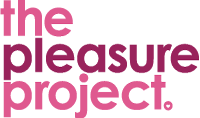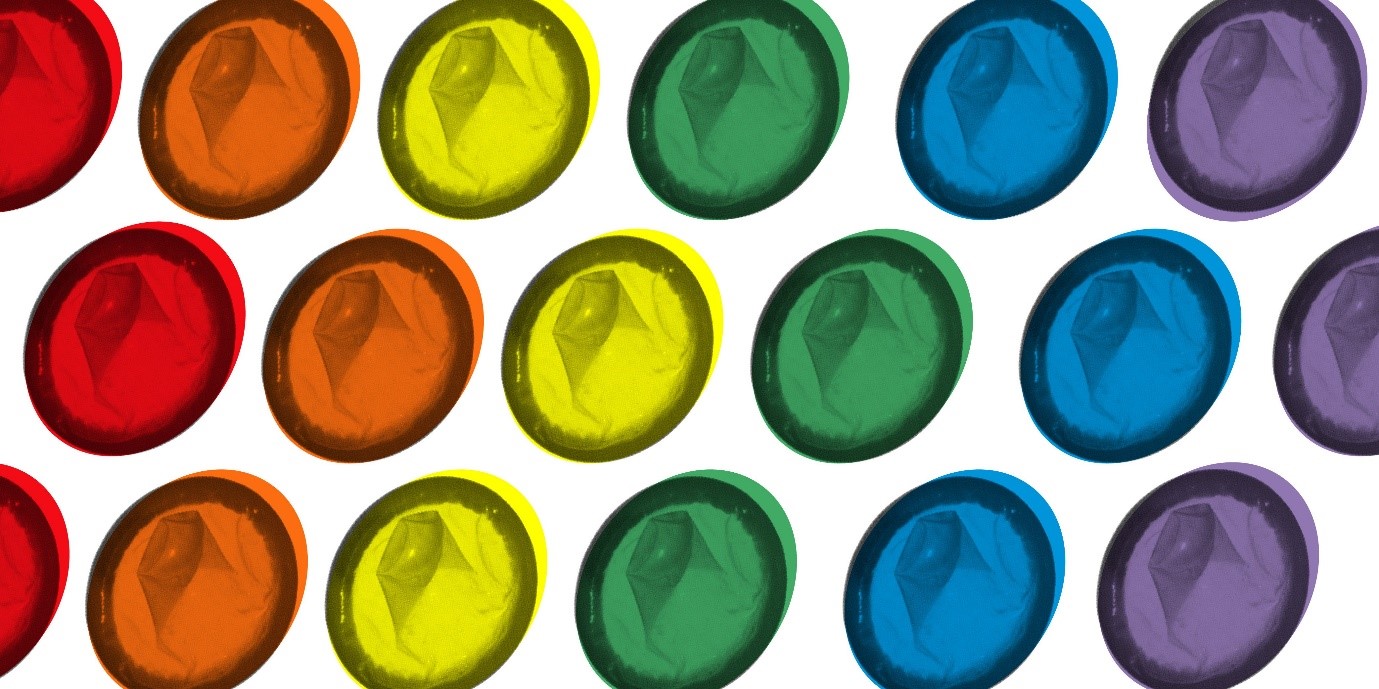What were the big events this month: National Black HIV/AIDS awareness day, World Condom Day and Valentine’s Day
What else has been happening in the world of pleasure this month?
We hope everyone has had a lovely month and despite the ongoing pandemic is still managing to find moments of pleasure, whether that be through sex with a partner, solo sex, some good food or long walks!
The Pleasure Project has had a very interesting month with many highs and lows occurring in the world of pleasure, sex education, sexual health and reproductive health and trying to bridge the gap between them all.
Zoe Sugg Sex Toy Scandal
The beginning of the month was very interesting with lots of controversy surrounding British social media influencer Zoe Sugg. Her material, which had been taught on the syllabus since 2017, got dropped from inclusion in GSCE media studies after her brand ‘Zoella’ was seen to be promoting sex toys and masturbation. The article in question was a how-to guide for the best sex toy, which has sparked heated discussions. With the stigma surrounding self-pleasure deemed unnecessary and too explicit to be taught to ‘innocent’ school children. We here at The Pleasure Project, promote the benefits for health that come from masturbation; improved happy hormones which make people feel good, reduce stress, reduce cramping and have a holistic positive impact. We are happy that a number of Governments (for example the government of Columbia) have also done so – given it’s the safest form of sex during an air borne pandemic.

However, this poignant decision to remove Zoe Sugg’s content in school because of its association with sex toys pushes the idea that female masturbation is shameful and the idea of pleasure, specifically female pleasure, shouldn’t be spoken about in schools. A key place we would argue it should be included to push the incorporation of discussions of pleasure in comprehensive sex education. Zoe Sugg spoke back about these allegations with a powerful message showing she would not comply to this public shaming which seeks to cancel discussion on female pleasure:
‘The Youtube star, 30, said it’s wrong that female masturbation is seen as a taboo subject and that she’s “worried” that people think 16-year-olds aren’t exploring their own bodies” (Newman, 2021). We couldn’t agree more! So, we took to our Instagram platform to spark a conversation with our followers (despite being censored) to see what you all thought. Here was the response to the question: did you learn about vibrators in school?

However, we also want to stress that vibrators are not necessary for masturbation. Masturbation can be done using just your body; the safest and most pleasurable sex is solo sex.
As situations such as this continue to occur with censorship of specific pleasure focused content in school: more and more young people will seek out education from unreliable sources. Moving away from opportunities to teach sex-positive sex education, deeming those who talk about it, like Zoe Sugg, ‘unsuitable’ perpetuates the discourse that sex education should focus on the technicalities of sex without inclusion of pleasure (Broster, 2021).
International Conference on Family Planning: Building resilience in adolescents and youth sexual and reproductive health (SHRH)
At the start of the month The Pleasure Project attended this conference looking at resilience, youth and sexual and reproductive health. It was extremely interesting. Evidence was discussed which highlighted that pre-covid 14 million adolescent women in low to middle-income countries wanted to avoid pregnancies but weren’t using modern contraption. Now, globally, there has been a 12% decline in 15-19 year olds use in modern contraception (as cited in the conference). A crisis that has been exacerbated by the pandemic and startling facts to thing about.
Much of the webinar focused on how to support youth to bounce back to create supportive environments, an essential element to achieving the health-related sustainable development goals. A very worthwhile focus, but done in a way that ignores the main motivation people choose to have sex; pleasure. However, this conversation heavily focused on sex and health – but a question that we kept asking ourselves was ‘Where is the discussion of actual sex in this conversation happening surrounding youth SRHR during C19?’ and ‘Where is the recognition of the pleasurable motivations in sex?.’
Here’s the response to the question we asked: Do you think there is a need for integrating a focus on pleasure and helping people understand how to achieve and recognize not only safe sex but, good safe sex in AYSRH.
If so, do you have any ideas or examples as to how pleasure has been successfully included in policy/programmes/interventions?

A lack of focus on pleasure was clearly evident. However, The Pleasure Project is ever hopeful in the future inclusion of pleasure in conversations such as this with Christine’s suggestion of ways pleasure may have a place in future dialogue. Furthermore, in a big moment there is a specific section titled ‘sexual health and pleasure’ in the International Conference of Family Planning’s abstract call. A silver lining in the world of pleasure!
Perspectives in sexual justice: through a local and global lens; a deep dive into sexual justice perspectives with local and international experts in the field Conference
The conversation of this webinar led by the world association for sexual health (WAS) and Southern Africa Sexual Health Association (SASHA) focused on the inclusion of a new concept sexual justice: the struggle to ensure all have sexual rights as per the WAS sexual rights charter.

With the WAS declaration of sexual pleasure being ratified this year, we expected the inclusion of pleasure in the conference. But the conversations proved that once pleasure was recognised as something without which discussing surrounding sex, health, and justice could be full; it could not be ignored. Marlene Wasserman emphasised that the concept of sexual justice included not only sexual rights but also sexual pleasure. Highlighting that the politics of love must extend within institutions, to your own bedrooms to ensure control of power, equity and justice.
The question time further generated interesting discussion, with speakers bringing up topics on parents preventing children learning sexuality education and masturbation in school – the consensus was that children should be given access to info about pleasure, sexuality, sex education etc in an informed and safe way in education sector. An interesting, and relevant line of thought when we consider the Zoe Sugg controversy outlined above!
When asked on the inclusion of pleasure in sexual justice, the resounding answer was that it had to be included as an integral part of the conversation. With an emphasis that women are often ignored in this conversation usually happening in patriarchal societies; women have a right to want pleasure and leadership in sexual intimacy. With Uwemedimu Uko Esiet (The African Federation for Sexual Health and Rights) emphasising that we must learn and listen to women more!
This conference made us smile! Showing us how, once pleasure is recognised as a crucial intersection in the conversations surrounding sexual health, sex education, sexual rights and the new concept: sexual justice. Making us hopeful for the success of the pleasure mission!

